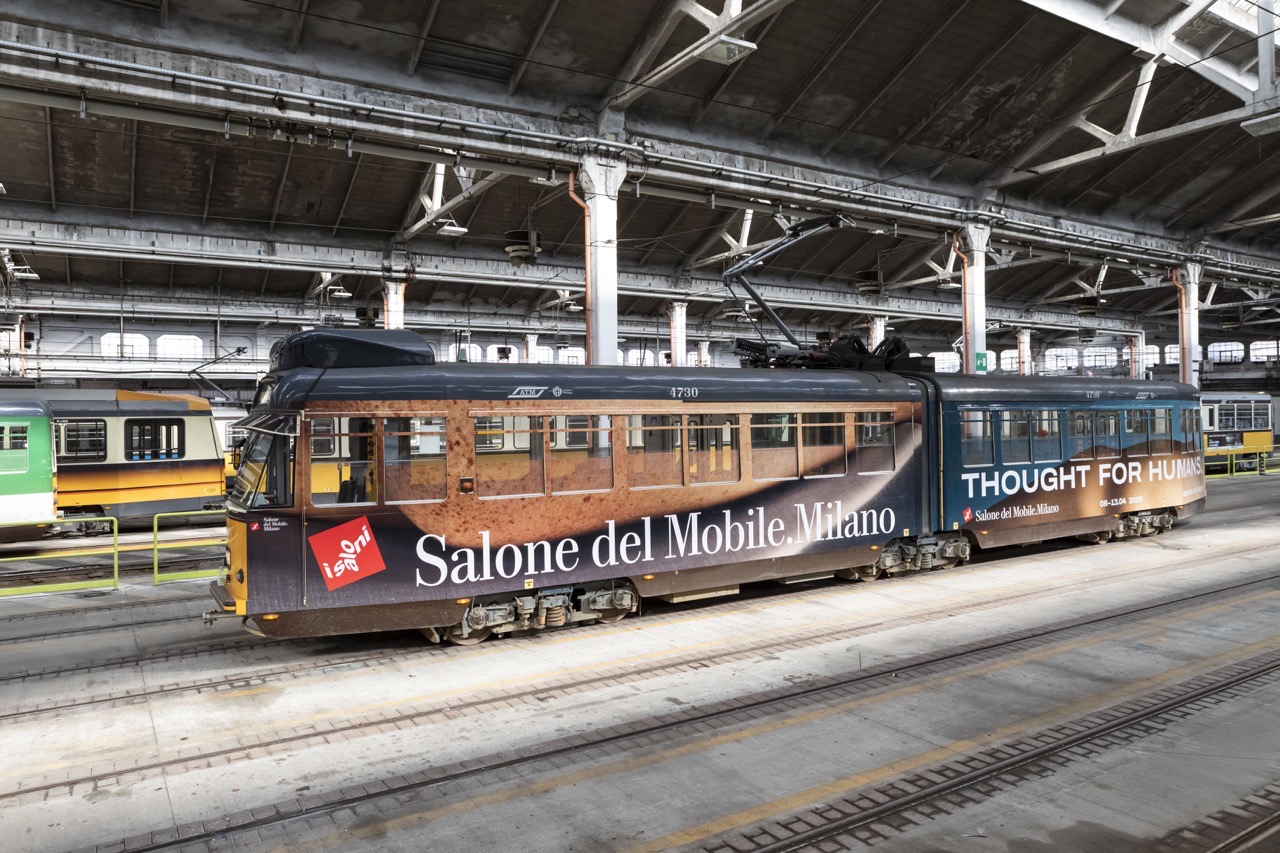Every great band or singer-songwriter that you know and love has almost certainly started out playing at a grassroots music venue.
Whether it’s The Beatles playing to just a few hundred people in Liverpool’s Cavern Club or the Arctic Monkeys packing out The Leadmill in Sheffield in the early 00s, grassroots venues are the lifeblood of the music industry. They provide that platform, that opportunity, for artists to experience what it’s like to perform live for the first time. Their importance to the music industry cannot be overstated, and here we’ll be looking at why that is.
Defining grassroots venues and their essence
So, what exactly is a grassroots music venue? What differentiates it from a ‘normal’ venue? It’s hard to offer an exact reason; rather, it’s a range of features and feelings that just give somewhere a grassroots feel. Firstly, they are often small spaces capable of holding 100 or so people, and they generally only allow emerging and independent artists to perform. These up and comers often perform in front of audiences who actively seek new performers and will visit these venues with regularity.
That leads us on to another feature – community. Grassroots venues are often independently funded and are led by groups of dedicated people who are passionate about live music and artistic expression on a local level.
Their importance in nurturing local talent
These intimate venues then play a huge role in nurturing talent. Allowing new artists to flourish and perform without the high stakes pressure felt in a bigger venue. By performing at these places regularly, artists can grow a loyal following and get the exposure they so often deserve.
Key decision makers in the music industry – agents, for example – often visit these venues looking for the next big thing. Grassroots venues can be a great conduit between an aspiring singer-songwriter and someone who can provide them their big break.
Building a career in the music industry isn’t just about performance opportunities but about securing the funding and support to grow a career. Places such as the Musicians’ Union offer several resources for funding and career development.
Think of all the talent we’d have lost if it weren’t for these venues providing that all important platform.
As well as music, these venues foster community
In an age where we are increasingly online, these grassroots venues act as more than just a place to watch live music. They are hubs of community, helping to foster connections between people who live in the same area.
Through the medium of music, members of a community can become friends and strengthen bonds. Grassroots venues offer a sense of belonging and an opportunity to say: “I was there when [next big music artist] played every Tuesday at my local grassroots venue”.
A platform for artists across the cultural spectrum
Grassroots venues are often very inclusive places which welcome artists from all sorts of genres and musical styles. That community-led approach means the acts that play often reflect where they have come from.
This rich cultural diversity gives those from different backgrounds the opportunity to showcase their art in an environment that is going to enjoy listening to it. For more niche genres or more complex music grassroots venues allow these artists to express themselves in the same way a guitar band might.
Giving opportunities to the next generation of musicians
Grassroots venues are essential places for new artists to develop their craft and great hubs for communities to foster deep bonds. Without them, our culture would be in a much worse place.






